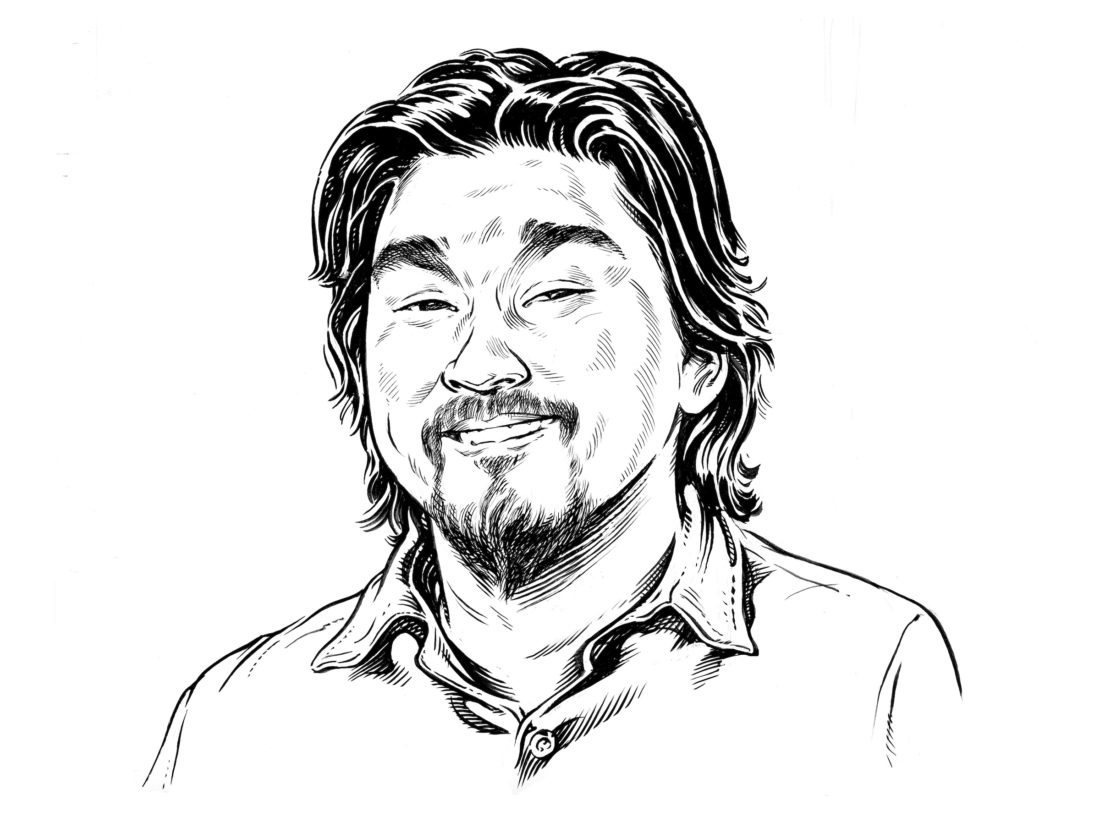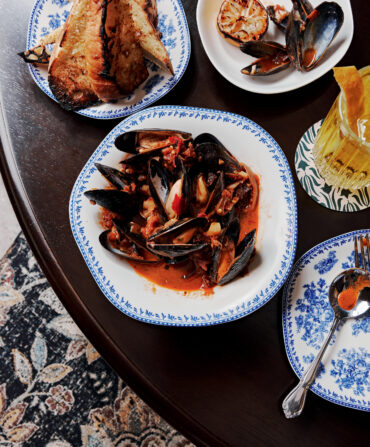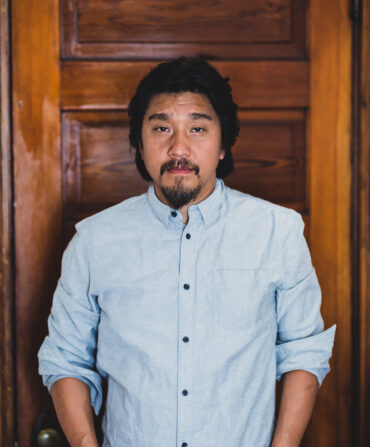“When times are tough, just look at how swiftly the restaurant industry comes together,” says Edward Lee, the chef-owner of the renowned Louisville hot spots 610 Magnolia and Whiskey Dry, as well as Succotash in Washington, D.C., and Maryland. “I can name you twenty nonprofits started by chefs.” He rattles off a handful: the Abundance Setting, cofounded by Beverly Kim, advocating for working mothers in the culinary and hospitality industries; the Power of 10, created by D.C.’s Erik Bruner-Yang, supporting restaurants hurt by the pandemic; José Andrés’s World Central Kitchen, offering meals in times of crisis; Chris Shepherd’s Southern Smoke Foundation in Houston, and Atlanta’s Giving Kitchen, both of which lend a hand to workers who have fallen on hard times.
That list also includes Lee, who cofounded the LEE Initiative, with his then general manager Lindsey Ofcacek, in the wake of the Me Too movement to promote diversity and equality within restaurants. “Toppling the hierarchy and getting rid of bad apples is a necessary correction,” Lee says. “But our function is to raise up good chefs and nurture the next generation.”
For Lee and Ofcacek, that began with supporting women. In 2017, they launched the Women Culinary & Spirits Program to equip them with tools for leadership and advancement through externships in female-led restaurants and on farms, mentorship programs, media training, and classes on subjects including butchery and product development. “We started out only in Kentucky, but last year we expanded nationwide, and we have seen so many careers skyrocket,” Lee says. “Someone’s now leading the culinary department at Maker’s Mark. Another alum is the head of the culinary department at the Louisville public-school system. Someone else just opened a super successful food truck. They already had the talent and drive and passion; we just helped them realize a confidence that they didn’t see before.”
Then came COVID. “Now the restaurant industry is hurting financially, and chefs are quitting careers or not getting into the business at all,” Lee says. So the LEE Initiative evolved to meet the challenge; 610 Magnolia and a host of partner restaurants funded by the program served two million meals to out-of-work restaurant workers.
All their goals—supporting racial justice, dishing up meals after tornadoes and ice storms, introducing restaurants to sustainable purveyors—hinge on how best to boost relationships. “We all need positive encouragement, and we need to aspire to something better,” Lee says. “If not, that’s when the industry withers. The beautiful, radiant thing about restaurants is that we get to have a great time: All your troubles go away for the two hours you’re sitting at your table. In the next fifteen years, the industry itself will take on a different life—it has to—but the main thing we want to preserve is that jubilance.”








